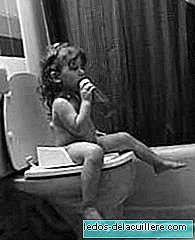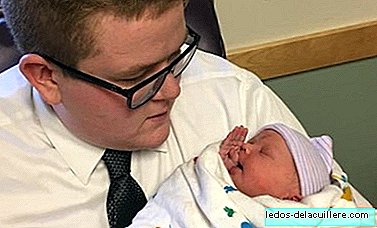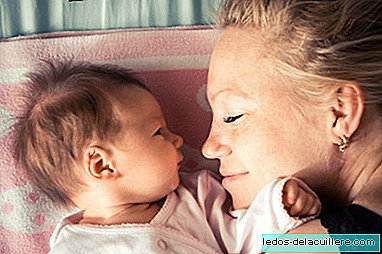
One of the most frequent consultations in pediatrics are the urinary infections, a fairly common disorder in infants and young children, .
It happens when bacteria are installed somewhere in the urinary tract (urethra, bladder, ureter or kidneys), with cystitis being the most frequent, which is produced in the bladder by bacteria that reach through the urethra.
It is very important to recognize and treat it, because if it happens in childhood and does not receive the appropriate treatment, it can leave important consequences.
But it is not so easy to identify it, especially in small babies under one year. At this age the symptoms are somewhat confusing, the baby has a high fever, diarrhea, vomiting, paleness, has no desire to eat or gain weight.
In older children, in addition to the above symptoms, they may feel painful urination, pee often, not control it at night, a bad smell in the urine and sometimes blood.
If your child shows any of these signs, you should take it urgently to the pediatrician, who will perform a urine test to confirm the diagnosis, in some cases also ultrasound and x-rays to check the extent of the infection, and will prescribe antibiotics.
It is important to pay attention to the symptoms since an infection treated in time is easy to cure, however if it is not treated properly in childhood, it can bring serious complications in the future that can seriously affect the kidney.
How can it be prevented? What is within our reach to prevent an infection from occurring is proper hygiene. If the child is wearing a diaper, change it frequently to avoid contact with the poop can cause an infection.
If the child is older, it is important to teach him to clean the genital area well after he goes to the bathroom, cleaning that sometimes is not enough at that stage in which they begin to go to the bathroom and clean themselves.












